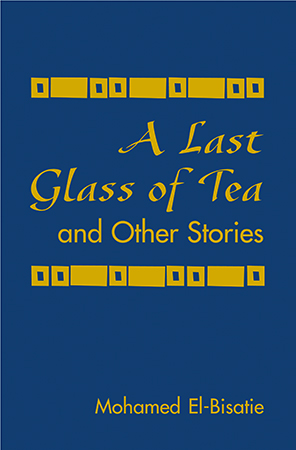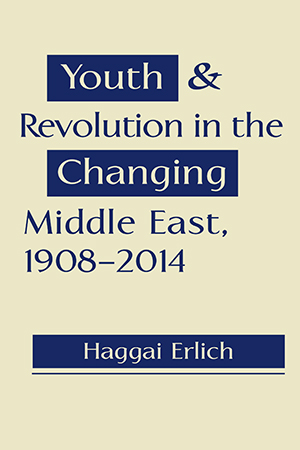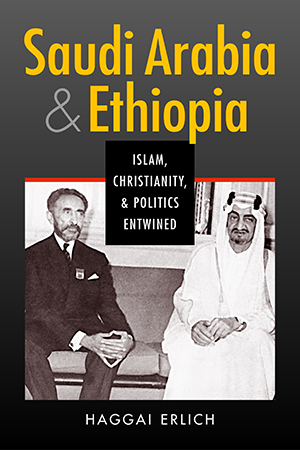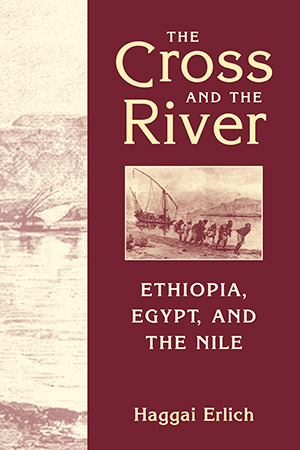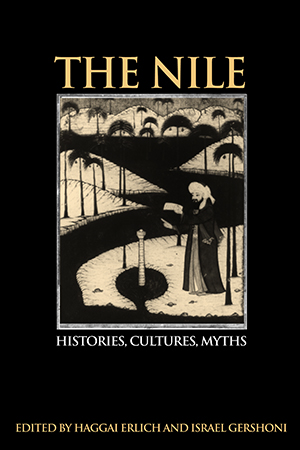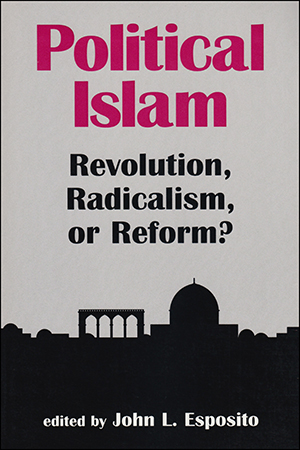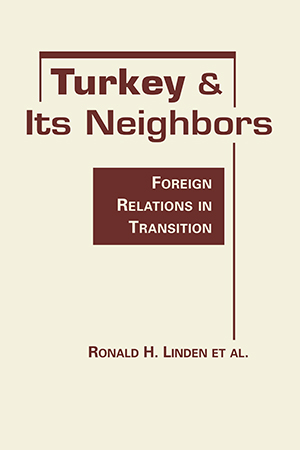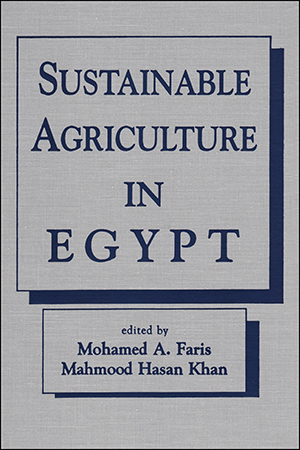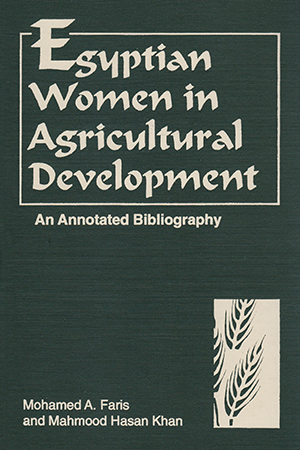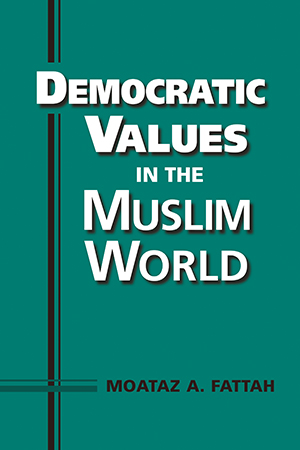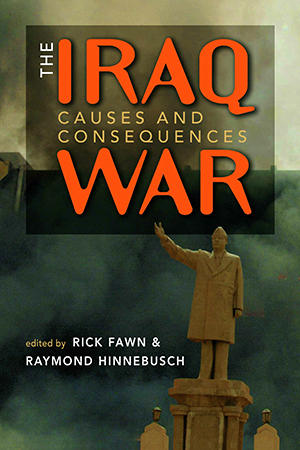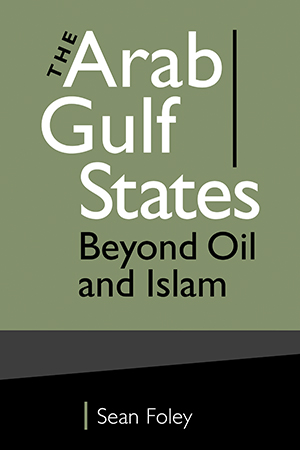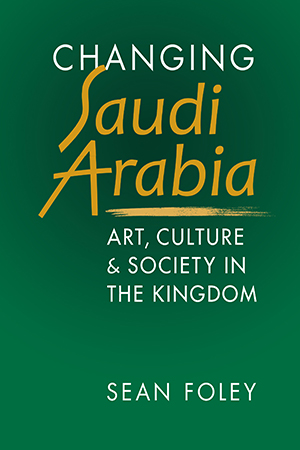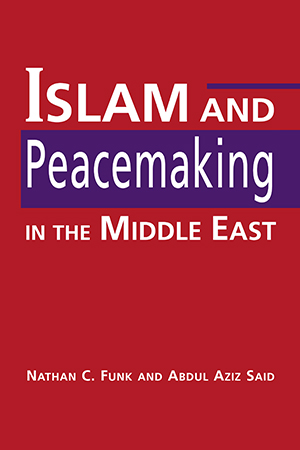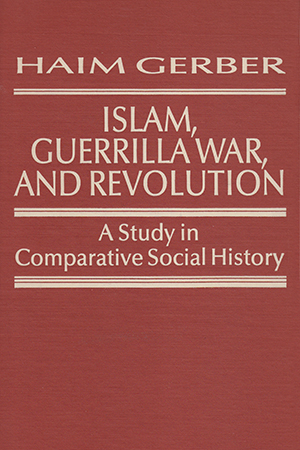Middle East
A vivid portrait of the lives of the Egyptian poor, particularly in the Nile Delta region, emerges in this collection of 24 short stories. El-Bisatie offers glimpses of the daily struggles More >
Though there is much discussion of the role of youth in recent upheavals in the Middle East, there are few serious analyses of just what that role has been. Haggai Erlich sheds important More >
What is the significance of Islam's growing strength in Ethiopia? And what is the impetus for the Saudi financing of hundreds of new mosques and schools in the country, the establishment More >
The ongoing Egyptian-Ethiopian dispute over the Nile waters is potentially one of the most difficult issues on the current international agenda, central to the very life of the two More >
Intercultural relations have revolved around the River Nile throughout recorded history: sharing the river's waters, Egyptians, Ethiopians, and Sudanese have developed rich dialogues of More >
For more than a decade, policymakers and observers in the Muslim world and the West have struggled with the specter of political Islam—or "Islamic fundamentalism"—often More >
Recent years have seen dramatic changes in the nature, direction, and impact of Turkey's foreign relations in its neighborhood—a region that encompasses Europe, the Middle East, More >
Egypt's agricultural development has been constrained by, among other factors, the need to conserve scarce natural resources, the pressures of rapid urbanization, the onslaught of the More >
As in many developing countries, women in Egypt play a key role in the agricultural sector. This has not been adequately reflected, however, in the official statistics on services, More >
Is Islam compatible with democracy? Despite the seemingly endless debate on this issue, Moataz Fattah's study is a rare investigation of actual Muslim beliefs about democracy across More >
While the war in Afghanistan saw most industrial countries back the US-led campaign, the subsequent war in Iraq profoundly divided international opinion—and likely represents a More >
If petroleum buys political legitimacy in the Arab Gulf states, how can we explain the rise of dissent and calls for political reform despite sustained oil revenues? The answer, according to More >
T. E. Lawrence once observed that Saudi Arabia had "so little art" that it could "be said to have no art at all." Whether that was once the case is arguable. But that it More >
Islam and Peacemaking in the Middle East begins with a set of provocative questions: How, for example, do Muslims conceive of peace? To what degree do differences in the interpretation of More >
Haim Gerber addresses the phenomenon of radical revolution within Islam, seeking both to understand a certain type of revolution and to discover whether there is a typical Muslim response to More >


